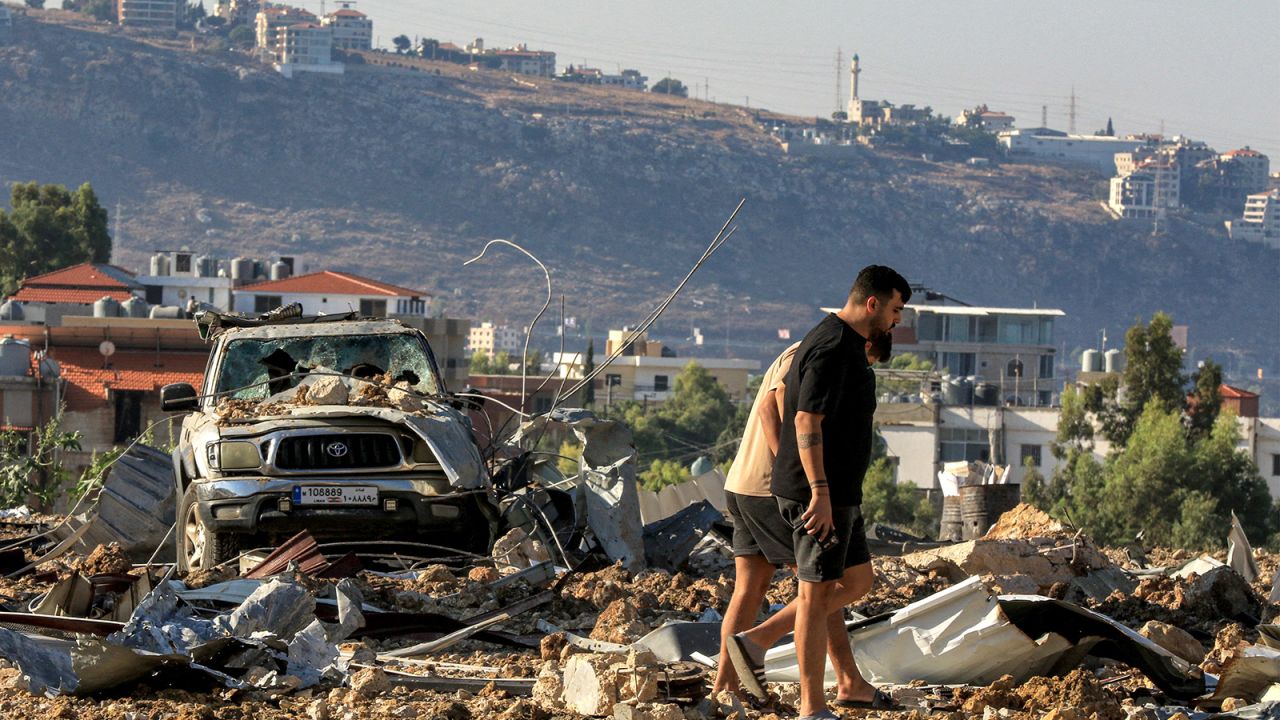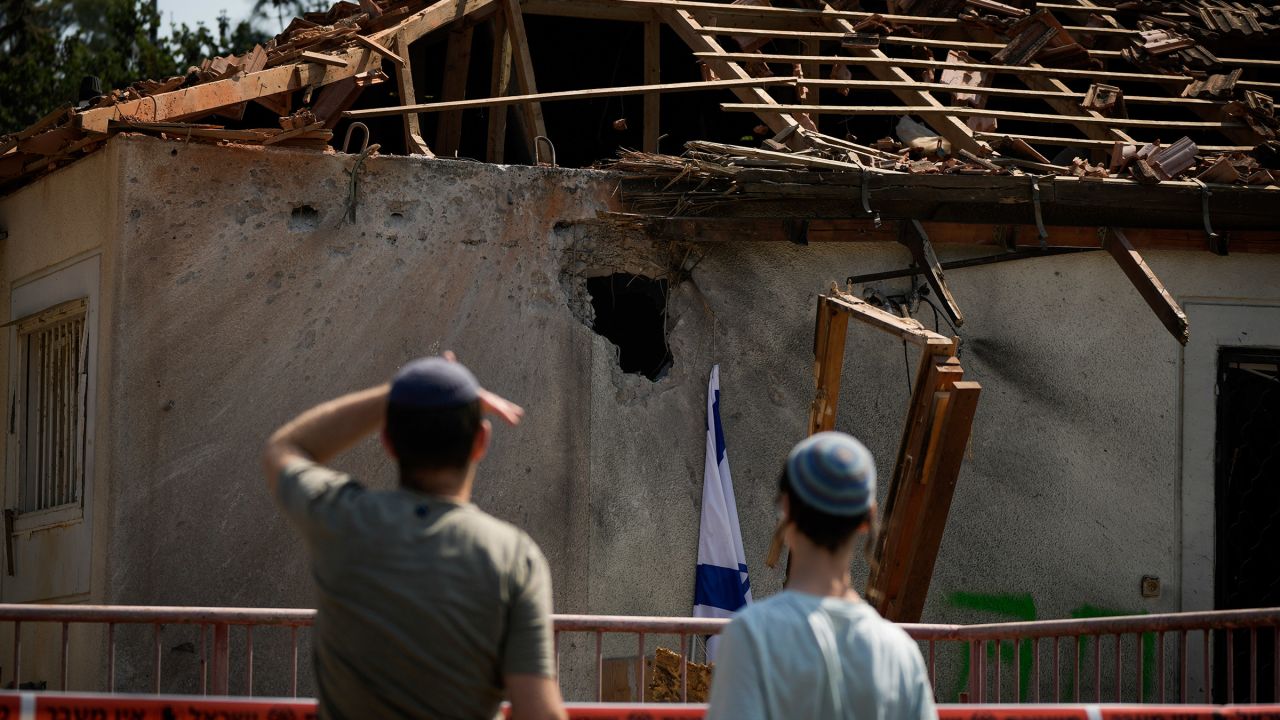Hezbollah’s main base is on the Israel-Lebanon border, where the militant group and Israel have seen near-daily clashes since the war in Gaza began.
Here’s what to know about their?decades-long conflict
Israeli invasion:?Israeli forces took almost half of Lebanon’s territory when it invaded in 1982. This included Beirut, where Israeli forces, along with right-wing Israel-allied Christian Lebanese militias, laid siege to the western part of the capital to drive out Palestinian militants.
Israel’s operation led to the deaths of over 17,000 people, according to?reports?and an Israeli inquiry into a massacre at a Beirut refugee camp. The investigation held Israel indirectly responsible for the massacre that was carried out by the Christian Lebanese fighters.
The rise of Hezbollah:?As droves of Palestinian fighters left Lebanon, a band of Shia Islamist fighters trained by Iran burst onto the scene. In 1983, two suicide bombers linked to the faction attacked a US Marine barracks in Beirut, killing almost 300 US and French personnel and civilians.
A year later, Iran-linked fighters bombed the US Embassy in Beirut, killing 23 people. In 1985, those militants coalesced around a newly founded organization: Hezbollah.
Support for Gaza:?Hezbollah is part of a larger Iran-led alliance of militant groups spanning Yemen, Syria, Gaza, and Iraq that has increasingly clashed with Israel and its allies since the war with Hamas started — and has vowed to continue until the war ends.
Killing of key leader:?Tensions escalated when Israel said it?killed Hezbollah’s most senior military commander, Fu’ad Shukr,?with a strike on Beirut in July. In retaliation, Hezbollah launched hundreds of drones and missiles into Israel.
Displaced residents:?The increase in cross-border fighting has forced people from their homes in both Israel and Lebanon. On Tuesday, Israel made it a new war objective to?return tens of thousands of Israel’s northern residents?to their homes near the border. More than 100,000 people have been displaced from southern Lebanon.






























